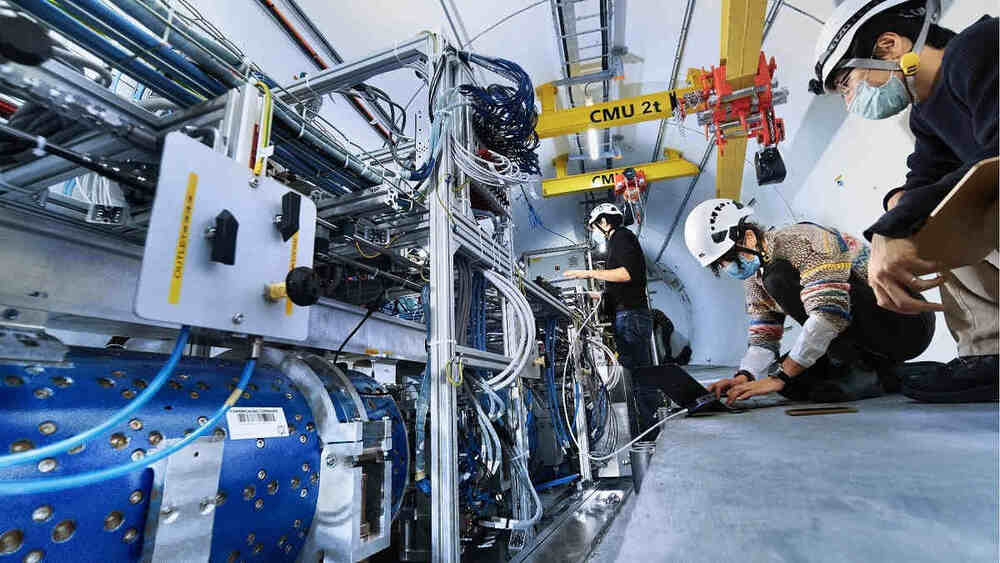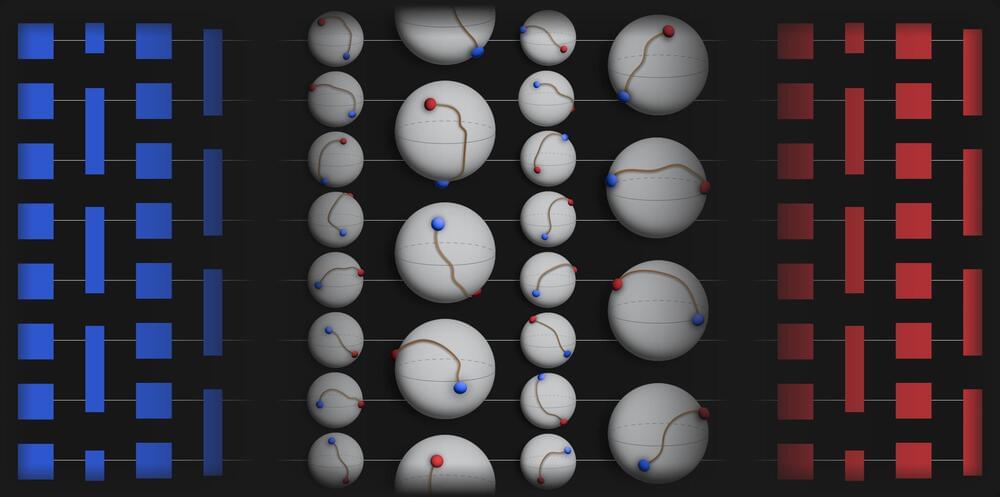Sep 6, 2023
Enhanced recovery program shown to successfully reduce opioid use after pancreatic cancer surgery
Posted by Shubham Ghosh Roy in category: biotech/medical
By improving hospital care pathways, researchers from The University of Texas MD Anderson Cancer Center successfully reduced inpatient opioid use by 50% after pancreatic cancer surgery and cut the median opioid prescription volumes at discharge to zero. This approach, described in a study published in JAMA Surgery, could help reduce the risk of long-term opioid dependence in patients.
In this cohort study, which involved 832 patients undergoing pancreatic resection surgery, the researchers investigated how making incremental modifications to post-surgery procedures affected the amounts of opioids used by inpatients and at the point of discharge.
In less than four years, the total inpatient oral morphine equivalents (OME) decreased from a median of 290 mg to 129 mg, while OME at discharge decreased from a median of 150 mg to 0 mg. Over 75% of patients were discharged with ≤ 50 mg OME, which is fewer than 10 pills.


















